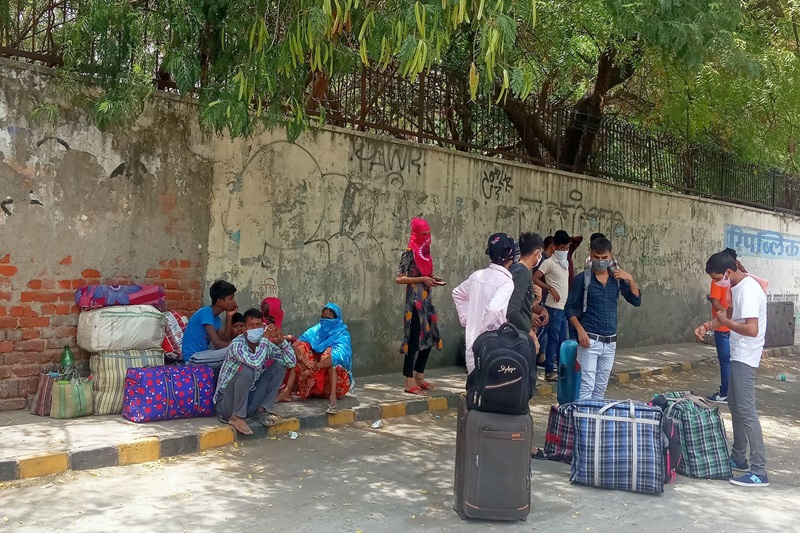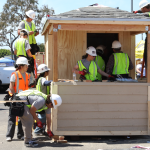
india telengana to implement policy to reintegrate returning migrants into society
Last updated on January 25th, 2024 at 07:01 am
Telangana is set to become the first state in India to implement a policy to assist returning migrants in reintegrating into society and finding employment. Tuesday marked a meeting involving all stakeholders to discuss and plan a support system for the migrants.
In collaboration with the International Labour Organisation, International Organisation for Migration and UN Women, the state’s labour department plans to establish a resource centre for reintegrating the scores of returning migrants.
Returning migrants often lack support systems
Through the initiative, Telangana is set to follow Pakistan, Sri Lanka and Nepal – a few countries that have already implemented similar strategies. The policies are important as the region is known for its high number of migrant workers, especially those going to the Gulf countries.
Due to insufficient accurate information on migrant workers, a consolidated database is expected to be created in the near future in order to better understand the people’s socio-economic profiles and formulate effective reintegration strategies.
In addition, the state’s labour department has already established a couple of resource centres at the mandal level to help returning migrants easily access necessary documents, government benefits and necessary training programmes.
E Gangadhar, the additional commissioner of the department, stressed the importance of technical training, reskilling and access to financial and entrepreneurial support based on the current requirements of the labour market.
Partnership between source and destination countries
He also highlighted the need for cooperation between source and destination countries to ensure the safety of migrants. The majority of migrants from Telangana are electricians, labourers and domestic workers. Officials say women are particularly vulnerable to exploitation.
The policy in discussion seeks to address the challenges often encountered by returning migrants, who usually lack support systems. It focuses on financial goals, family distress, health emergencies, social protection, healthcare and access to justice, among others.

 Discover key insights in our latest blog
Discover key insights in our latest blog 






